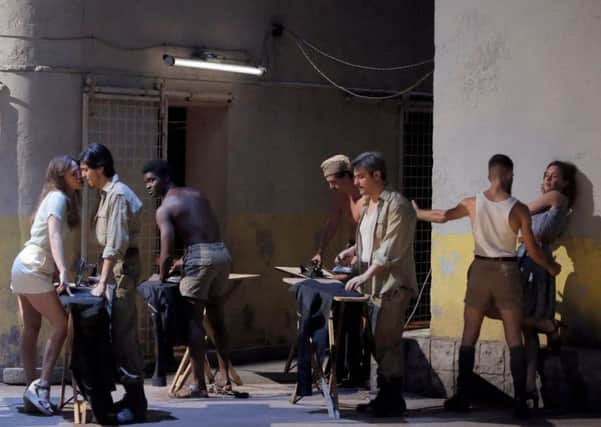Opera review: Cosi fan tutte


As Don Alfonso’s partner-swapping manipulations take hold, and the love-testing masquerade unfolds, the sordid irony of Da Ponte’s libretto bares ugly new teeth.
But fast-forward to the end of Act 1, and the sultry tension hitherto sustained by the cast, supporting actors and Cape Town Opera Chorus collapses into two-dimensional farce. It’s the one point where the actual text – the extraction of the kisses – seems to defeat Honoré. And though Act 2 recaptures much of the original electricity, it no longer entirely convinces.
Advertisement
Hide AdThere is room, nonetheless, for Mozart’s music, the best coming from the pit and a burnished, steely Freiburger Barockorchester under Jérémie Rhorer.
Ferrando and Giglielmo (Joel Prieto and Nahuel di Piero) grow glowingly into their central roles, with Rod Gilfry’s Alfonso as potent ringmaster.
Some unevenness rocks Lenneke Ruiten’s Fiordligi, Kate Lindsey’s Dorabella is a convincing lush, and Sandrine Piau’s Despina has many showstopping moments.
If only it could have held our complete belief in what it was trying to say.